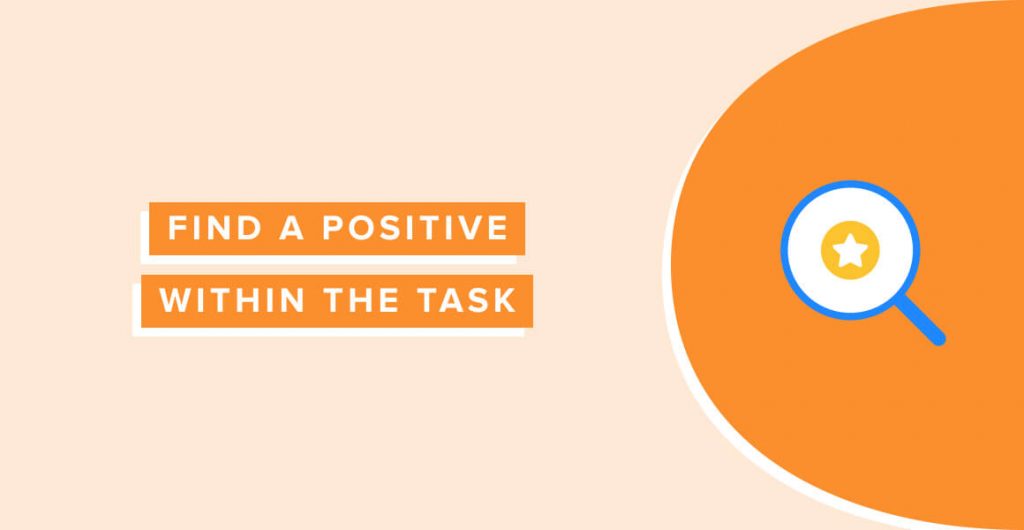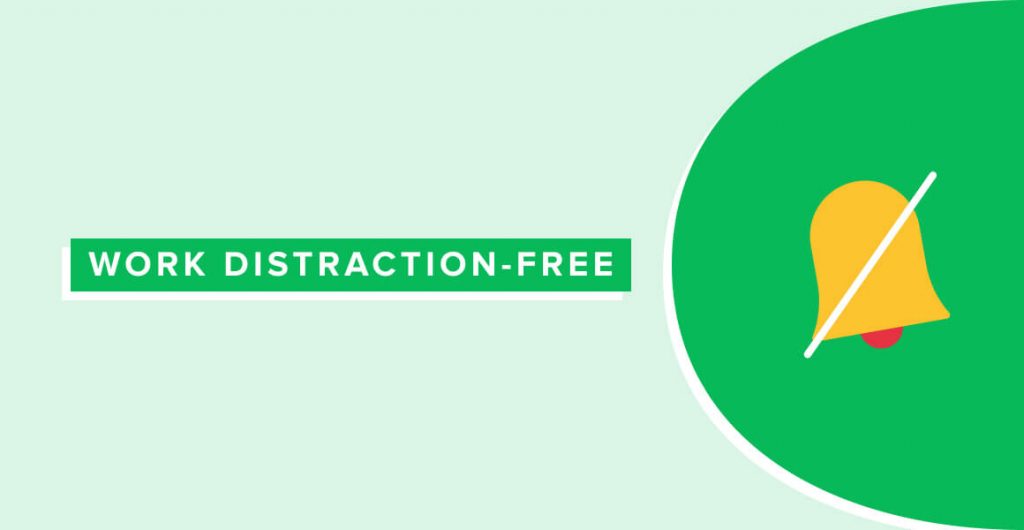You wake up in a cold sweat after that dream where you arrive at an exam and realize you’ve never been to class. Know why we all get that nightmare? Because we’ve all procrastinated at some point – and we spend the rest of our lives reliving the stress.
If you want to stop being the kind of procrastinator who wakes up in a sweat, the first step is to learn what type of procrastinator you are. Once you figure that out, you’re on the way to getting your procrastination under control.
Like with any major project, learning how not to procrastinate takes some work. You need preparation and knowledge to achieve your goal. Good news, we’ve done the background research so you don’t have to.
Intrinsic vs. extrinsic motivation
Let’s start with why we do the things we do, and where procrastination often stems from. We don’t tend to procrastinate about the things we love or get personal satisfaction from. That’s because we’re intrinsically motivated to do those things. But we procrastinate about tasks we feel no drive to do – things we only do to gain an external reward (money, not being fired, failing, etc). That’s what we call extrinsic motivation. When you are able to start recognizing these motivation patterns you can help teach yourself ways to shift your procrastination habits.
Here are 5 ways to curb your procrastination
1. Find a positive within the task.
If you are able to find a positive in the task you are procrastinating on it can help shift you into a more intrinsically motivated mindset. According to HuffPost, psychologists have found that if we associate tasks we avoid with an activity that feels rewarding, we will have an easier time finding the dreaded tasks more appealing – AKA intrinsic motivation to combat procrastination!
Try coupling your less-appealing tasks with something you enjoy.
- Have a boring paper to write? Find a reward that’s not in the future, something joyful about the process. Such as ‘this is a task I can do from the comfort of my sofa with a cup of coffee and my dog on my lap- how lucky’. Perhaps you’ll find yourself more absorbed and into the task than you’d expected.
- Dishes piling up? Throw on a cool podcast and make that not-so-exciting chore more enjoyable. Maybe it will even become a time in your day that you look forward to.
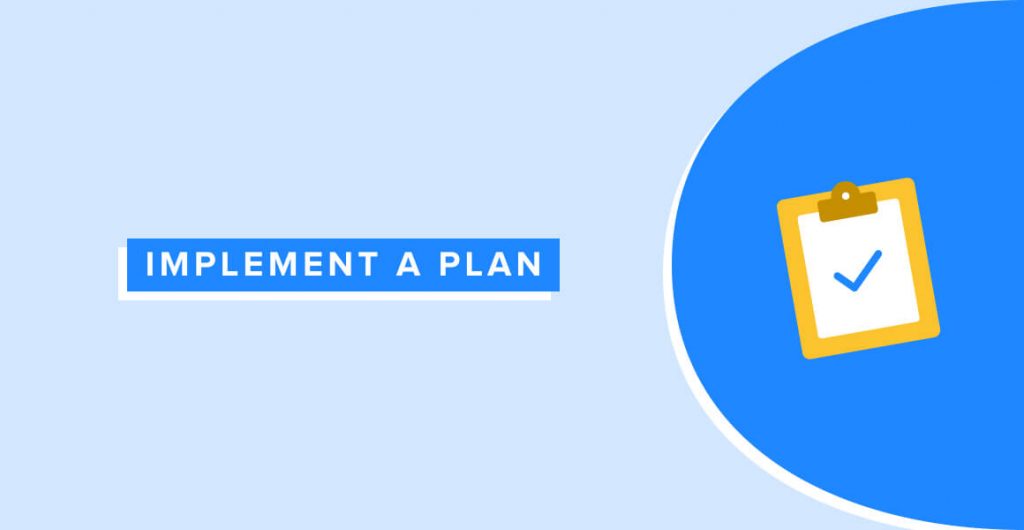
3. Implement a plan and monitor your progress.
Try using a spreadsheet to track your progress, set dates to those goals/deadlines.
Mark tasks in green that are on track to be completed by their deadline.
Mark tasks in yellow that are processing well but may have a few bumps in the road before the deadline.
Mark tasks in red that are not on track to be completed by the deadline. These are most likely the tasks you are procrastinating on. Start with them!
Colors can be super helpful and feel rewarding. Seeing a color-coded document is not only visibly rewarding but also great for keeping you on track and showing you which tasks you need to start on first.
3. Unplug, mute your notifications, and work distraction free.
We live in a world where we are constantly bombarded with text messages and emails. It can be distracting having your mind on multiple different tasks, ranging from personal to professional, all the time.
Imagine you’re on a first date and they pull out their phone at the table. They keep checking it. They’re not listening to you.
Well, treat yourself the way you want to be treated. Unplug, invest in yourself and give yourself the space to listen to your ideas. If there is a single universal skill we all benefit from, it’s the ability to listen. Practice listening to yourself. It may sound simple but it’s not always as easy as it may seem.
Shift can help!
Shift is a productivity platform that helps you manage and optimize your workflow. Working in Shift allows for you to create Workspaces, making it easier to jump in and out of your project so that you can work distraction-free at any time. You can also mute your notification in Shift to help you focus on your current task.
How to enable Shift’s Mute Notifications tool
- Click on Options (lower-left corner)
- Click on the bell icon
- Choose from the options list or type in a time and click “Mute”
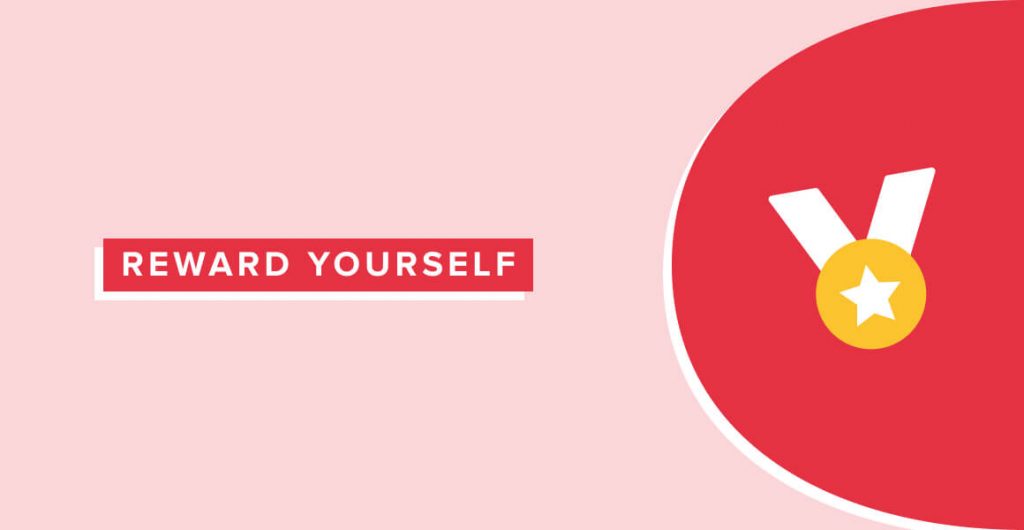
4. Reward yourself.
Let’s jump back to the idea of intrinsic vs. extrinsic motivation again. It is great when you can find a positive in a task and shift it to be an intrinsically motivated project. But that won’t always be possible. Some tasks simply will never have joy in them. When that happens, try to arrange an immediate reward for when you complete the task. This can be something super small, like a chocolate bar or an episode of your favorite show . But try and make it an immediate reward – something you can look forward to while trudging through your task.
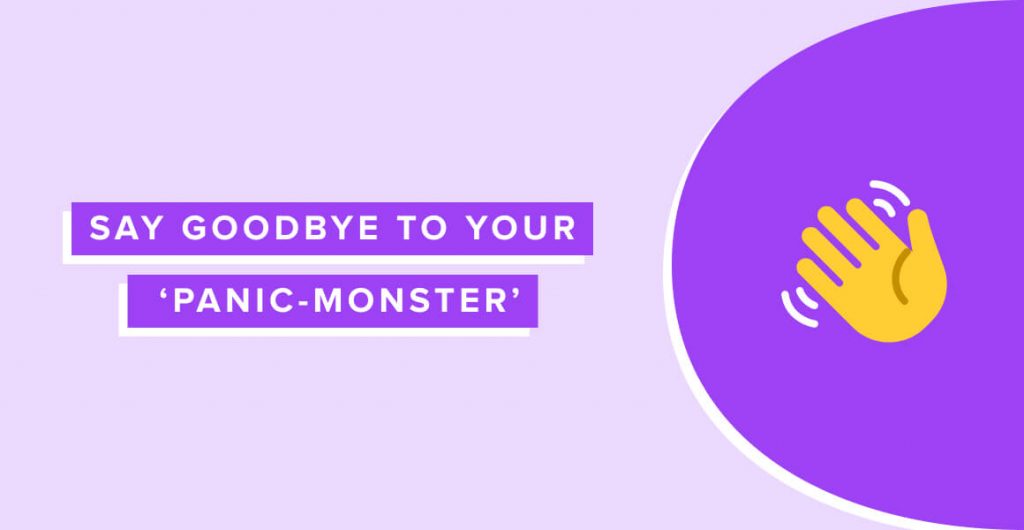
4. Say goodbye to your ‘panic monster’ friend.
Tim Urban, the founder of the blog Wait But Why’s Ted Talk Inside the Mind of the Master Procrastinator presents the idea of people having a ‘panic monster’ within their brain. He refers to it as every procrastinator’s guardian angel, which lays dormant until the deadline starts to get a little too close, or the consequences are starting to look real (public embarrassment, career disaster, etc). The panic monster wakes up and kicks you into high drive, giving you the ability to stay up all night, fight exhaustion and miraculously finish your (most likely mediocre) work.
This is a prime example of extrinsic motivation failing us; when we do something only for the external reward and as a result produce passable instead of passionate work. Pushing yourself to the last minute and provoking the panic monster can work, but it’s not sustainable and eventually leads to burnout, irritability and long-term stress.
Say goodbye to your panic monster friend. It does nothing for you but leads to stress, fatigue and mediocre work. With your new skills to curb your procrastination, make your panic monster an old friend you cut out of your life.
Time to Get Comfortable With Being Uncomfortable
Change is always hard, especially when it comes to procrastination because everything always seems like it will be easier tomorrow. Developing new skills and techniques to curb your procrastination won’t come without its trying times. But the reward of freeing yourself from dread, anxiety, guilt, and self-hatred is well worth the temporary discomfort of change.
Shift is a productivity app here to help you shift out of your procrastination habits no matter what kind of procrastinator you may be or what your reasons behind it are.
Ten articles before and after
How to Organize Your Laptop for College
How to Manage Multiple Calendars
How to Manage Multiple Tabs in Chrome
A Guide to Instagram's Latest Releases and What's to Come
How to Manage Multiple Zoom Accounts
What Type of Procrastinator are You?
The Best Productivity Apps for Students
CEO Spotlight: A People-First Approach to Leadership
